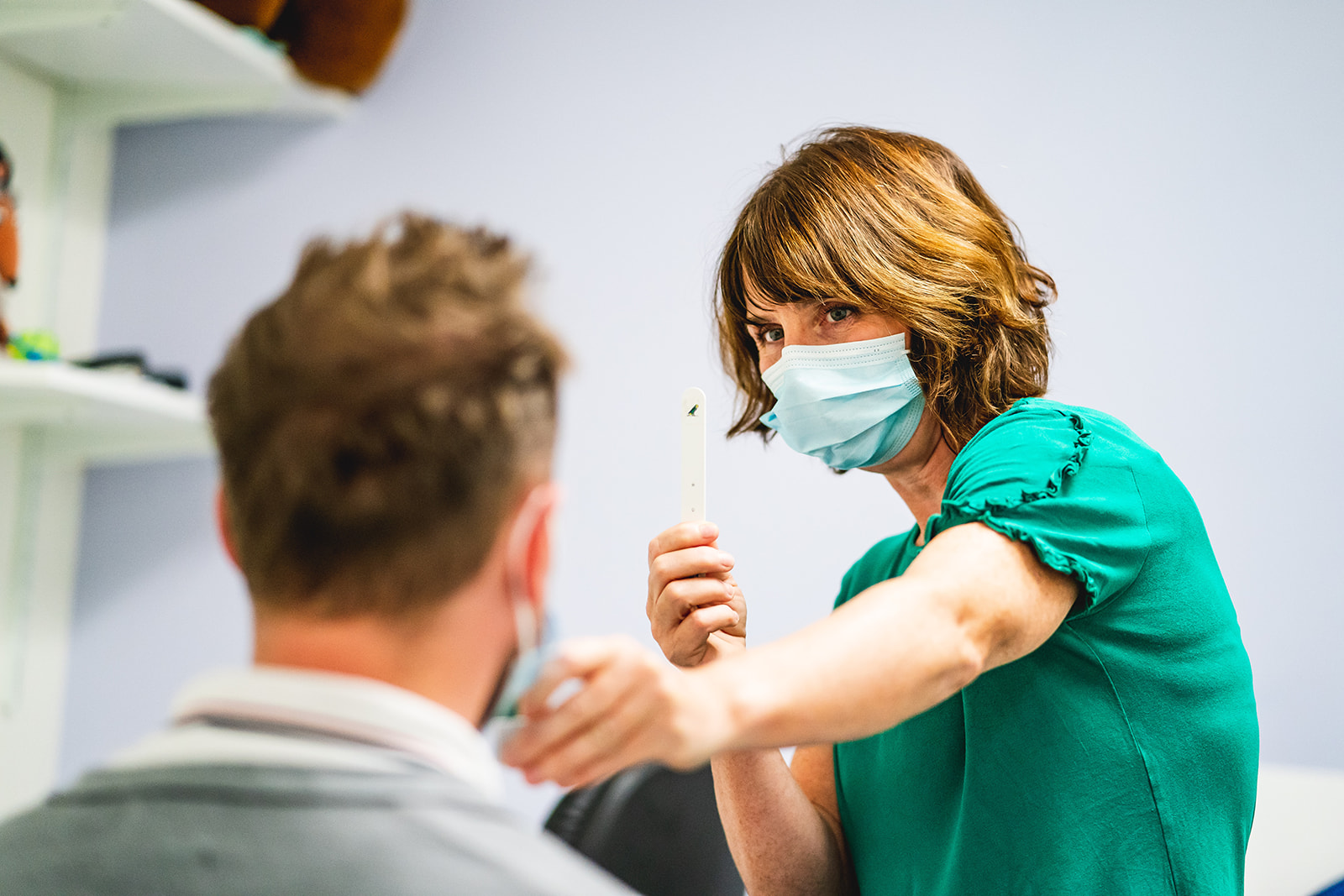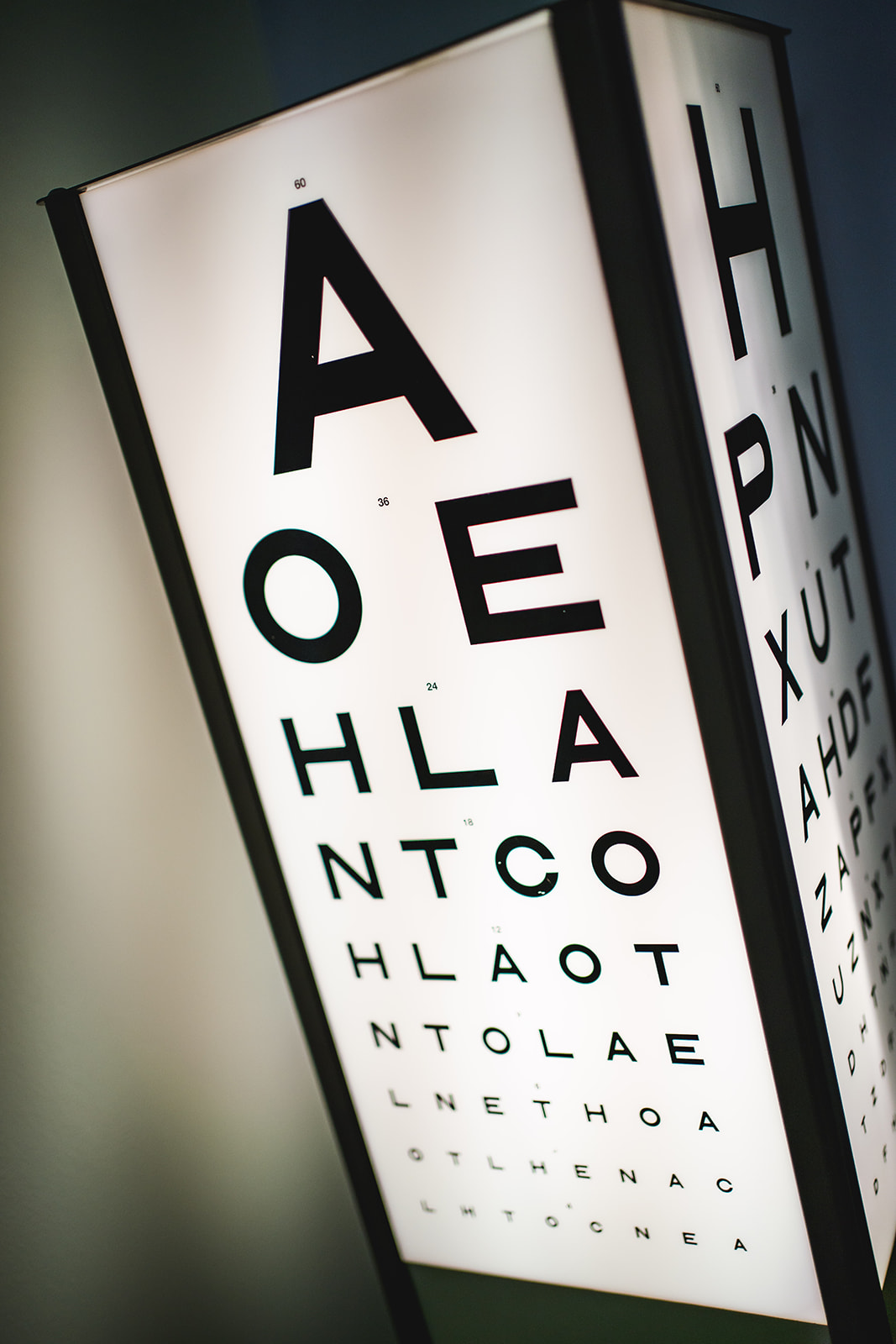Orthoptics case study
What does an Orthoptist do?
Orthoptists are specialist healthcare professionals who are experts in assessing what their patients can see and how the eyes work together. They use specialist training to assess the vision of young children and those with special educational needs, as well as assessing how neurological defects can affect vision. Orthoptists are regularly part of inter-disciplinary teams, working with falls patients and aiding stroke victims in their path to rehabilitation and there are a wide range of specialties such as visual processing disorders and glaucoma.
Hear from Sarah, head Orthoptist at James Paget University Hospital
Brief description of my role:
I assess patients with a range of conditions affecting their eyes. Typically the reason babies and children are referred is for management and treatment of ambylopia (or lazy eye) and strabismus (misalignment of the eyes or squint). With adults, it is more likely to be for management and treatment of a range of conditions leading to double vision, often following neurological episodes, such as strokes or brain damage. There are a range of treatment options which may be employed in the management of these conditions such as eye patches, eye exercises, prisms or glasses. I am the manager of both the orthoptists and optometrists. The professions work closely together alongside the Ophthalmologists.
Where/how long I trained: The University of Liverpool

Happy healthy people providing excellent compassionate care

Career progression so far: I started at band 5 equivalent, promoted to band 6 after 9 months and then to Head Orthoptist approximately 18 months later.
What I enjoy about my job: I enjoy working with children and to see the improvement in their eye conditions following treatment. It is also very rewarding to be able to help patients experiencing double vision by improving their symptoms. Patients undergoing certain treatments are seen regularly so it is nice to build up a rapport with patients and their carers. I am a clinical tutor and Orthoptic students attend placements in my department so it is satisfying to make a small contribution to training the Orthoptists of the future to ensure the profession continues to develop.

